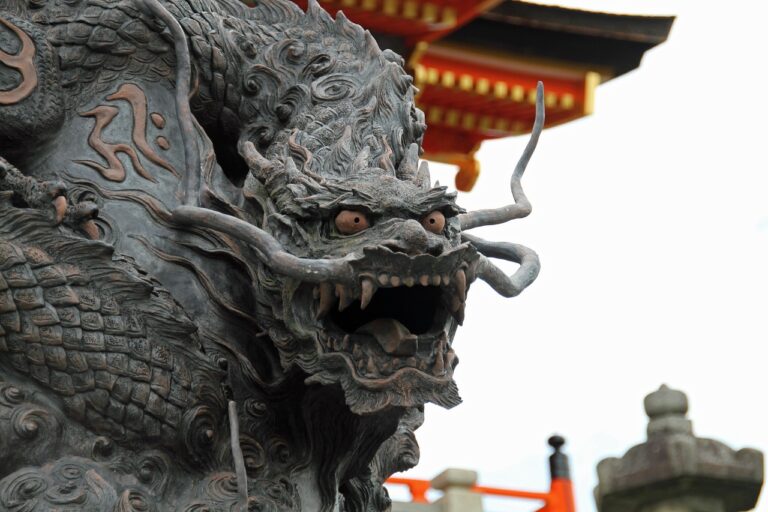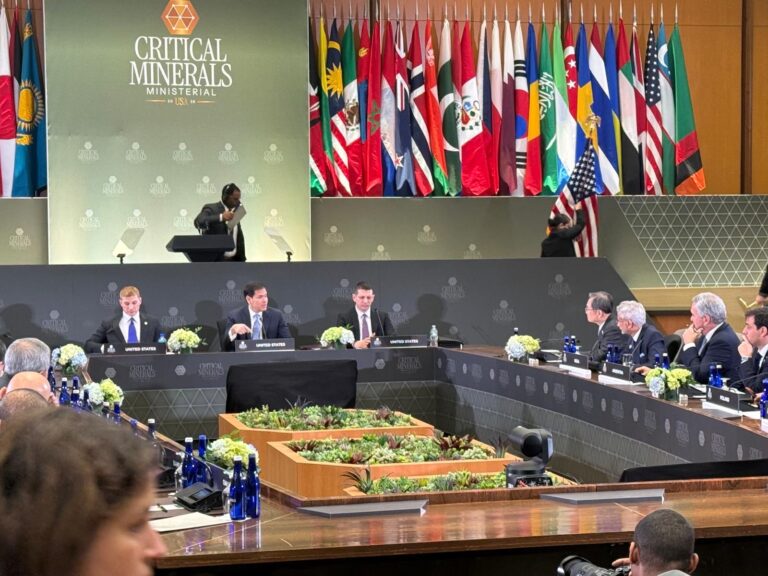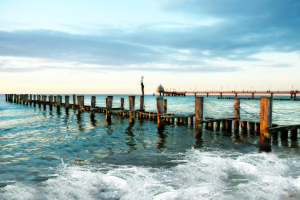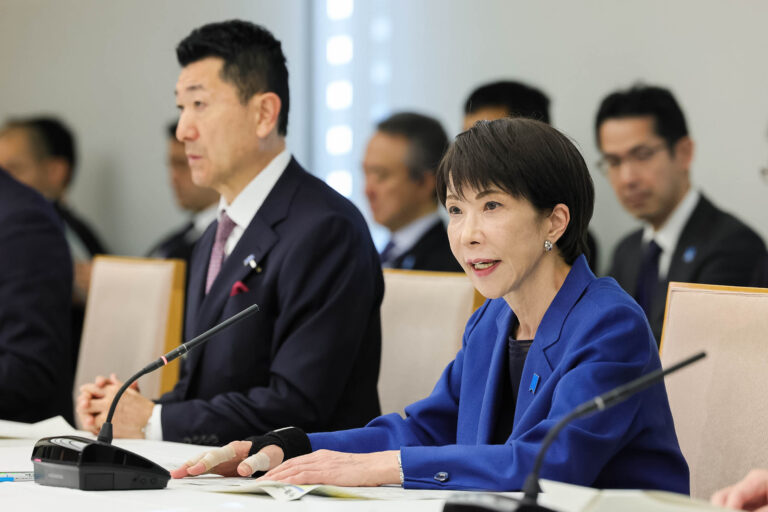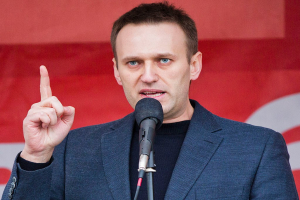
Jailed Russian opposition leader Alexei Navalny.
Alexei Navalny
Geneva/New York: Expressing its dismay over the sentencing of Russia’s most prominent opposition figure Aleksei Navalny by a court in Moscow, the Office of the United Nations High Commissioner for Human Rights (OHCHR) has urged the Russian authorities to immediately release all those detained for exercising their rights to freedom of peaceful assembly and expression over the past few weeks of protests across the country.
“There are reports that the number of people arrested was as high as 1,400. The Government must ensure that demonstrations are handled in line with its obligations under international human rights law,” the United Nations Human Rights Office Spokesperson Ravina Shamdasani said in Geneva. She added: “We are deeply dismayed by the sentencing of Russian opposition figure Aleksei Navalny by a court in Moscow to imprisonment for allegedly violating the conditions of a 2014 suspended sentence in an embezzlement case that the European Court of Human Rights had in 2017 already unanimously found to be arbitrary, unfair and manifestly unreasonable.”
The judge had converted the former 3.5-year sentence Navalny received in 2014 to a custodial sentence, which, given the credit for time already spent under house arrest, amounts to an outstanding sentence of two years and eight months, the OHCHR stated.
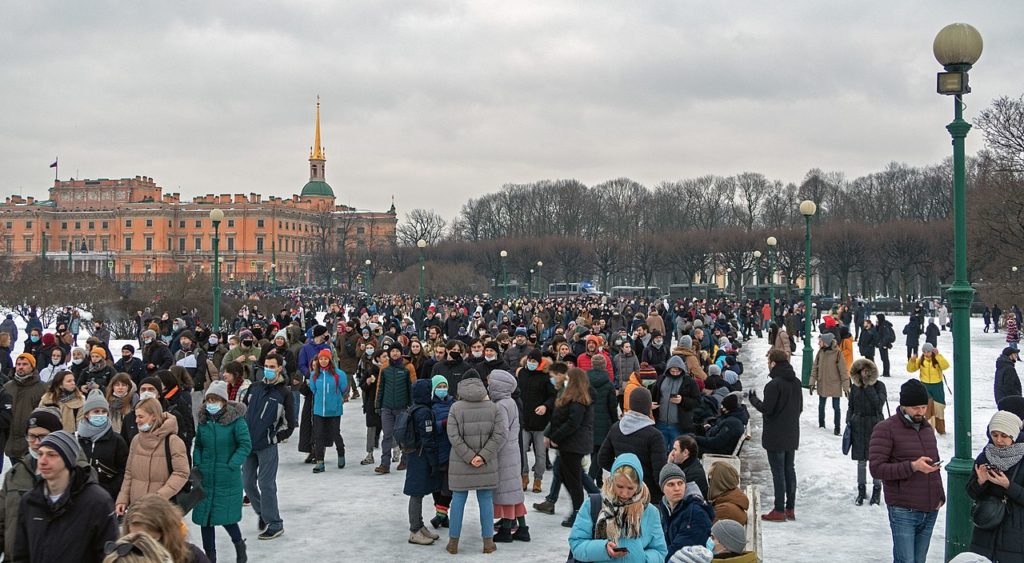
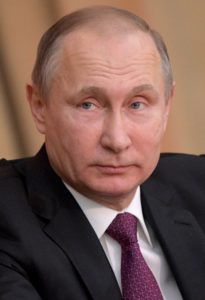
It may be mentioned that Navalny is one of the fiercest critic of Russian President Vladimir Putin. Many of his top allies are already under house arrest. Their arrests had seen some of the biggest street demonstrations in Russia in recent times. On February 2, 2021, a Moscow court held him guilty of violating his parole and sentenced him to more than two years in prison. Prosecutors had claimed that he had violated parole on a suspended prison sentence that he received in 2014. However his conviction was, as Shamdasani mentioned, found to be “arbitrary and manifestly unreasonable” by the European Court of Human Rights.
Following his conviction, some media reports suggest that he may now be sent to a far-flung penal colony for the first time. Navalny on his part, had reportedly told the court in Moscow they it cannot lock up the whole country, and charged that Putin was angry at him for surviving after being poisoned with the military-grade nerve agent Novichok in August last year.
In New York, the UN Secretary-General’s spokesman Stéphane Dujarric, said last night (IST), that Secretary-General António Guterres fully subscribed to the statement made by the office of United Nations High Commissioner for Human Rights. To a pointed question that whether “dismayed by the sentence” equated to calling for Navalny’s release, the spokesman replied, “Well, I would refer you to what the High Commissioner said, which was that the… this was part of a case that already had been criticised by the European Court of Human Rights. So, I would just stick to what she said.”
– global bihari bureau


